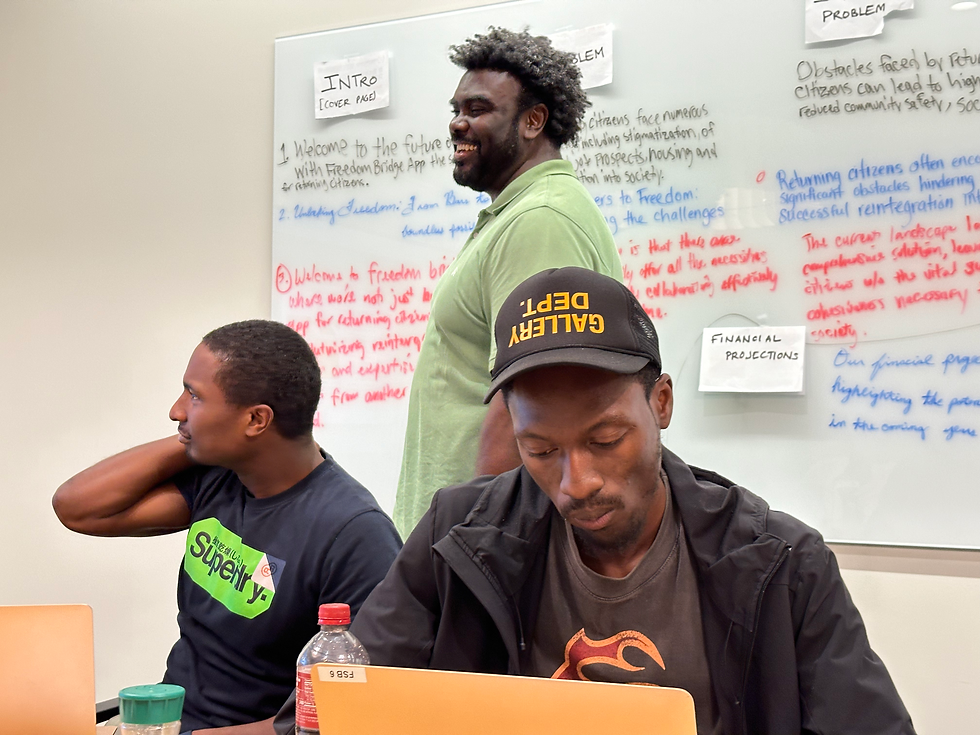Derogatory Language Cripples Forward Movement in Justice Reform
- Jerome Debro
- Feb 15, 2022
- 1 min read

No matter one’s past or circumstances, everyone wants to be treated with dignity and respect. Lisette Bamenga writes, “not everyone means harm when they use prison labels, but that doesn’t make the language any less damaging.” Many derogatory terms are used to describe incarcerated individuals. However, activists and national groups are suggesting helping with prison reform and justice, all terms devoid of humanness which focus on “conditions or things” rather than people, are not acceptable.
Words matter when describing people involved in the criminal justice system. It has significant impact on a person’s wellbeing. Terminology used can often be stigmatizing, dehumanizing and derogatory (International Health and Human Rights). Use stigma-free language that respects individuals over their characteristics or offenses.

The National Commission on Correctional Health Care (NCCHC) states that correctional
professionals should treat people with humanity and humility. “Language used to describe individuals who experience incarceration should identify them as people first, rather than through a term that categorizes them solely according to their incarceration status or to a behavioral or medical condition,” (NCCHC).
Additional terms they advise to avoid include: inmate, offender, prisoner, felon, convict, and criminal. For youth population, avoid terms such as juvenile, juvenile offender, and minor. Instead, preferred terms are youth, adolescent, child, and young adult, as appropriate.
According to The Marshall Project, Education, ensuring people-first language, and correcting dehumanizing language is a place to start with forward movement.



Comments